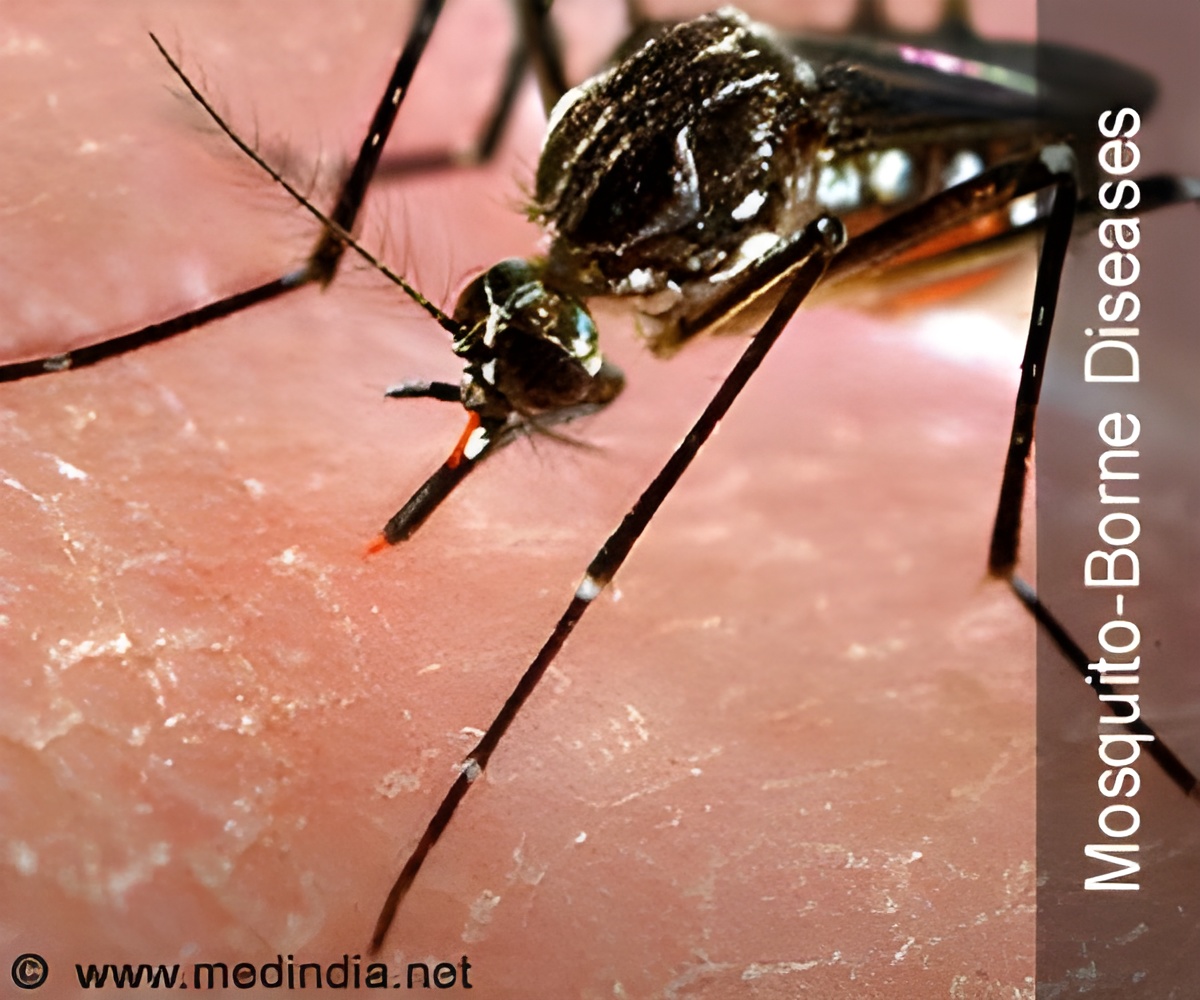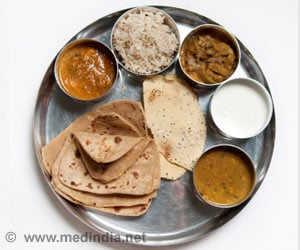In Uttar Pradesh, the Triple Drug Therapy (TDA) is being employed as a preventive and combative strategy against filariasis.

Evaluation of Triple Drug Administration for Lymphatic Filariasis in Prayagraj District, Uttar Pradesh, India
Go to source).
Combatting Filariasis: Prevention, Treatment, and Public Awareness
Filariasis is the second largest cause of long-term disability in the world. Avoiding mosquitoes and taking medicine is the only way to avoid it.To make this campaign successful, it is necessary that every eligible beneficiary must take the medicine.Chief medical officer (CMO) Dr. Alok Ranjan has specifically appealed to the patients to take medicine only in front of the ASHA workers. Nodal officer of vector borne disease control programme RP Mishra said that at present there are 3,551 filariasis patients in the district. Out of them, 660 suffer from hydrocele while the remaining 2,891 are lymphoedema patients. He said 555 people suffering from hydrocele have been operated successfully and the rest are to be operated. The medicine should not be administered to children below two years of age, pregnant women and very seriously ill persons.To achieve the 100 percent target, 616 supervisors will be touring in the area, he said.‘In 2023, approximately 46.31 lakh residents in Uttar Pradesh will receive anti-filarial medication through both booth distribution and door-to-door campaigns. #mosquitodisease #filarial #filarialdrugs’





Nityanand Thakur, zonal coordinator, WHO said the disease is also known as Elephant's foot and its complete cure is not possible and can be controlled by cleaning and exercising the part affected by the disease. In such a situation, if antimalarial drugs are used continuously once in a year for three years during the TDA campaign, this serious disease can be avoided.District malaria officer A.K. Singh said that anti-filarial drugs are completely safe. Although they do not have any adverse effect, yet if someone has symptoms like vomiting, dizziness, itching or nausea after taking the medicine, it is a sign that the parasite of filariasis is present in that person's body (2✔ ✔Trusted SourceLymphatic filariasis
Go to source).
References:
- Evaluation of Triple Drug Administration for Lymphatic Filariasis in Prayagraj District, Uttar Pradesh, India - (https://www.jcdr.net/articles/PDF/18019/60979_CE[Ra1]_F(IS)_PF1(HB_KM)_Redo_PFA(OM)_PB(HB_SS)_PN_(SS).pdf)
- Lymphatic filariasis - (https://www.who.int/news-room/fact-sheets/detail/lymphatic-filariasis)










